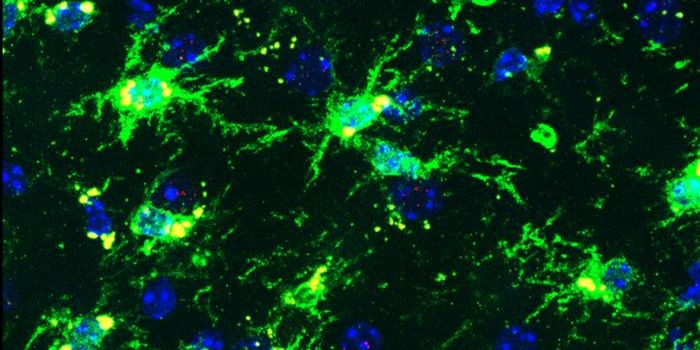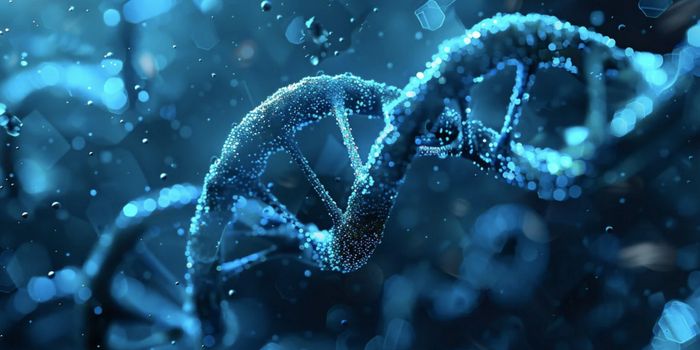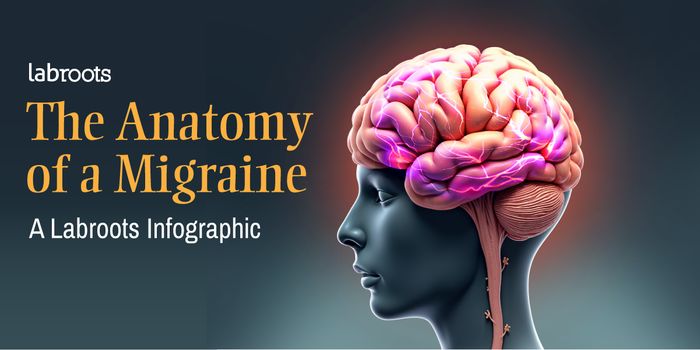A Major Cause of Inflammatory Bowel Disease is Revealed
In inflammatory bowel disease (IBD), the gastrointestinal (GI) tract is chronically inflamed, and the term may refer to either Crohn’s disease or ulcerative colitis. This chronic inflammation can lead to GI damage. It's estimated that over 1.5 million people in North America have IBD, and millions more are affected worldwide. There are few effective treatments for IBD, and scientists are still trying to determine all of the causes of the disorder, one of which has potentially now been identified. It may be possible to develop novel treatments for IBD with this new data. The findings have been reported in Nature.
In this research, the investigators searched through regions of the genome that do not code for proteins, looking for a genetic link to IBD. This effort revealed a small change in the sequence - a variant in a region of the genome containing something called an enhancer. Enhancers are genetic features that can help modulate the activity of other genes. The enhancer variant that was found in this study is one that amplifies the activity of a gene known as ETS2, and only in a type of immune cell known as macrophages. Higher levels of ETS2 activity were associated with higher risks of IBD.
ETS2 was shown to be crucial to the inflammatory functions of macrophages, some of which are directly related to IBD-associated tissue damage. When the researchers increased the levels of ETS2 in macrophages, they morphed into inflammatory cells that are very similar to those found in IBD patients.
Many other genes that previous research has connected to IBD were shown to be linked to ETS2 through cellular pathways, which indicates that it is likely a primary cause of IBD. Unfortunately, there are no existing drugs that target ETS2, so the researchers looked for alternatives. They identified a drug type called MEK inhibitors that could help turn down the pro-inflammatory influence of ETS2.
The scientists used a cell culture model to show that MEK inhibitors are indeed able to lower inflammation in macrophages, and could also do so in samples of gut cells from IBD patients. MEK inhibitors can, however, exert effects in other tissues, so the investigators are working on developing new MEK inhibitors that can be delivered specifically to macrophages.
"Using genetics as a starting point, we've uncovered a pathway that appears to play a major role in IBD and other inflammatory diseases. Excitingly, we've shown that this can be targeted therapeutically, and we're now working on how to ensure this approach is safe and effective for treating people in the future," said first study author James Lee, Group Leader of the Genetic Mechanisms of Disease Laboratory at the Crick Institute, among other appointments.
Interestingly, the variant in the ETS2 enhancer that is linked to IBD is very common, and it's thought that 95 percent of IBD patients could carry it. The researchers also found that it is incredibly old, and appeared in the human genome at least 500,000 years ago, which means that it may have even been carried by Neanderthals or other archaic humans.
So what is the potential benefit that seems to have kept this variant in the human genome? It may be that since ETS2 also seems to be relevant to the initial response to a bacterial infection, this variant may have helped carriers get over those types of illnesses. This may explain why the variant seems to be even more common in areas with high infectious disease rates.
Sources: The Francis Crick Institute, Nature









